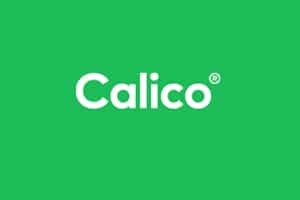
Google-backed biopharma company Calico has announced its first licensing deal, securing rights to a series of compounds aimed at preventing neurodegeneration.
Just a few days after announcing a $1.5bn partnership with AbbVie, Calico has licensed a group of neuroprotective compounds in the P7C3 class from 2M Companies, which in turn licensed them from the University of Texas Southwestern Medical Centre.
P7C3 is actually the name of the lead candidate in the class, which have been shown to prevent cell death among neurons in some areas of the brain such as the hippocampus, leading to an overall increase in neurogenesis, or the promotion of new neurons in the brain.
Researchers working at the University led by Andrew Pieper have developed a series of analogues that have already shown activity in animal models of diseases such as Parkinson’s, amyotrophic lateral sclerosis (ALS) and depression, as well as traumatic brain injury and stroke.
They are thought to exert their effects by inhibiting an enzyme called nicotinamide phosphoribosyltransferase (NAMPT), which – according to Calico – is “critical to the proper functioning and survival of cells.”
Calico was set up by Google a year ago with the aim of developing drugs for “health, wellbeing and longevity”, and is run by several former Genentech senior executives including Art Levinson who serves as the new company’s chief executive.
The latest announcement gives the first insight into the R&D aspirations of Calico, which has been tight-lipped about the finer details of its strategy since its formations.
With the AbbVie partnership in the bag and plans afoot to establish an R&D unit focusing on age-related diseases such as neurodegeneration and cancer in the San Francisco bay area, the direction of the company is starting to become clearer.
Under the licensing deal, 2M has granted Calico an exclusive worldwide license to the P7C3 program and other NAMPT modulators in exchange for an undisclosed upfront fee, milestones, and royalty payments.
Calico’s R&D head Hal Barron said: “We look forward to working with the world-leading scientists who discovered the P7C3 class of molecules to learn whether the remarkable biological effects can be translated to the treatment of human disease.”
While the P7C3 programme remains in its early stages, the combined deep pockets of both AbbVie and Google should accelerate the development process.




